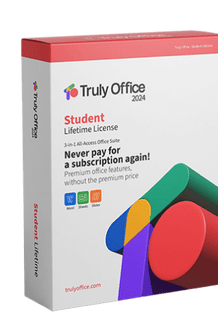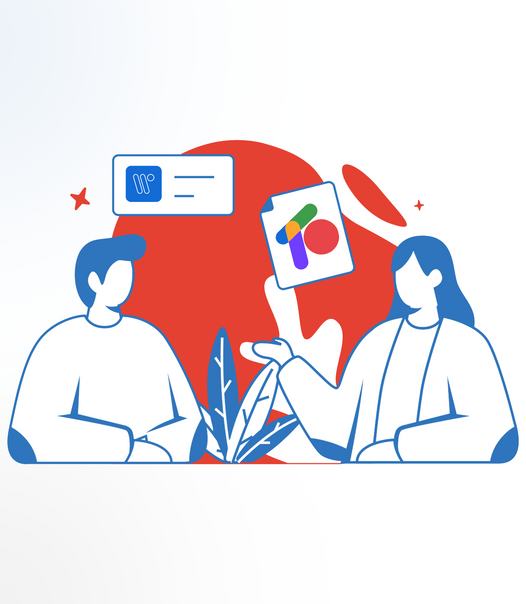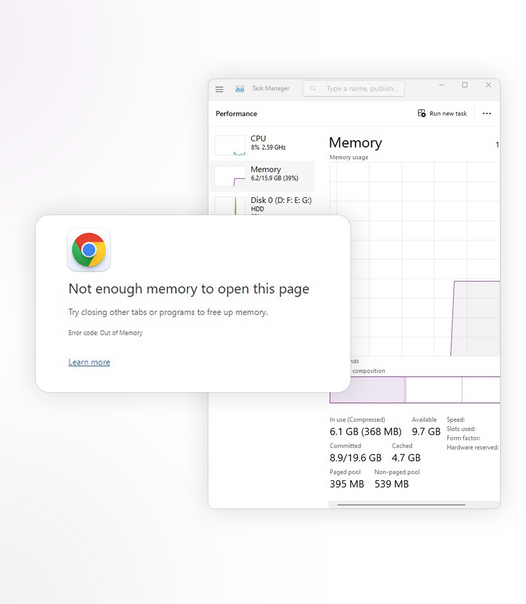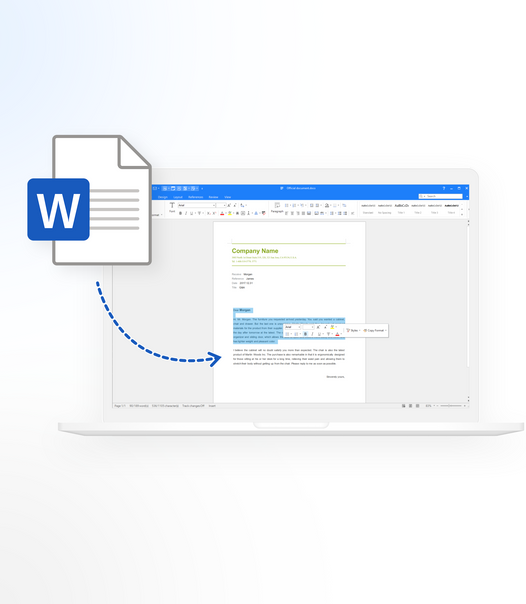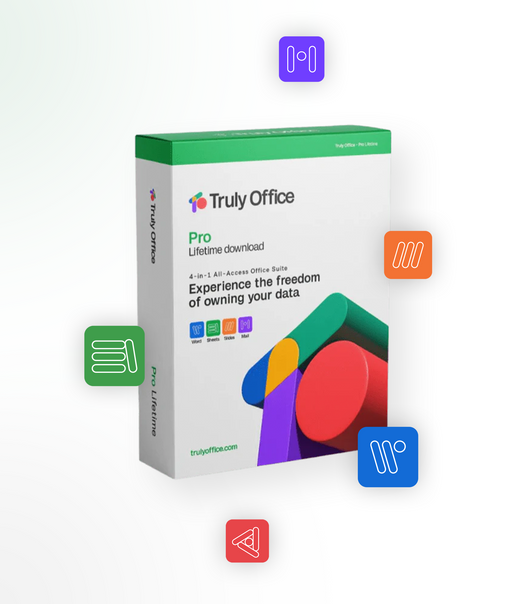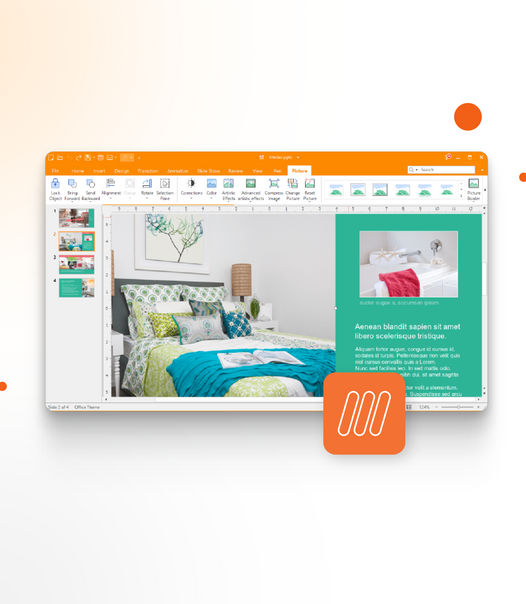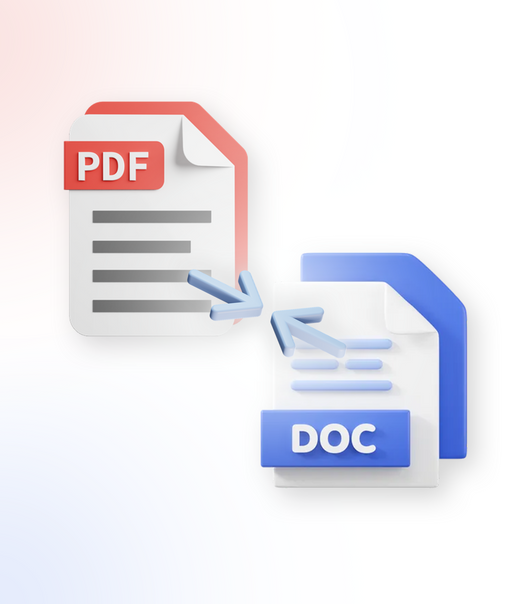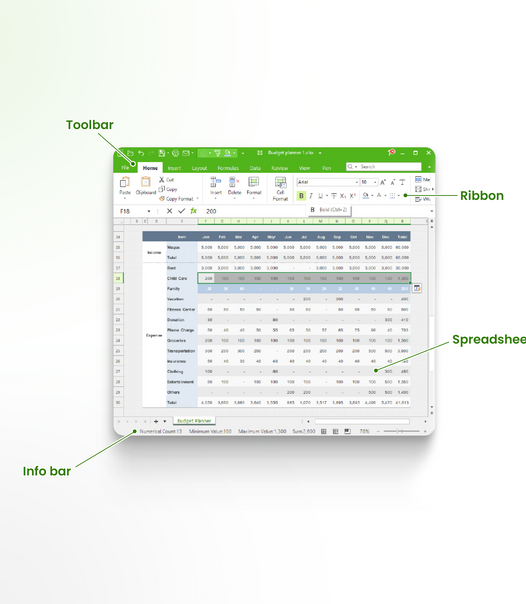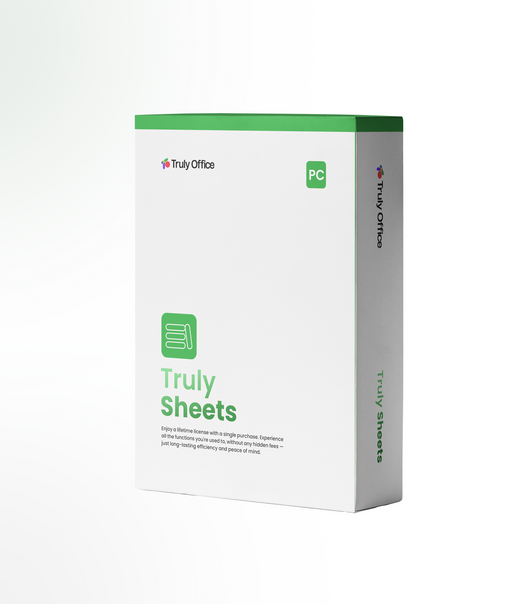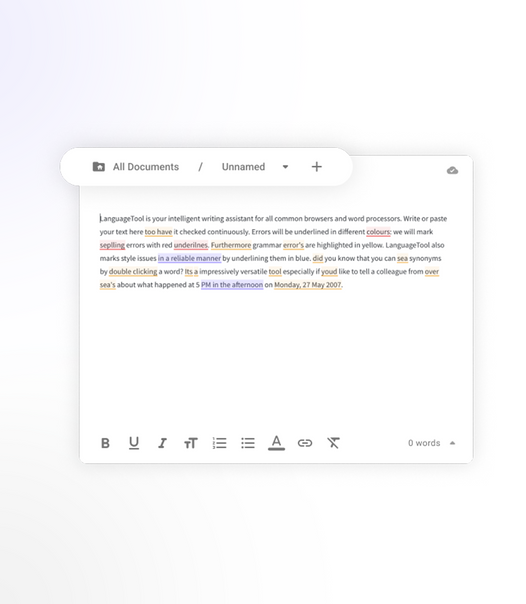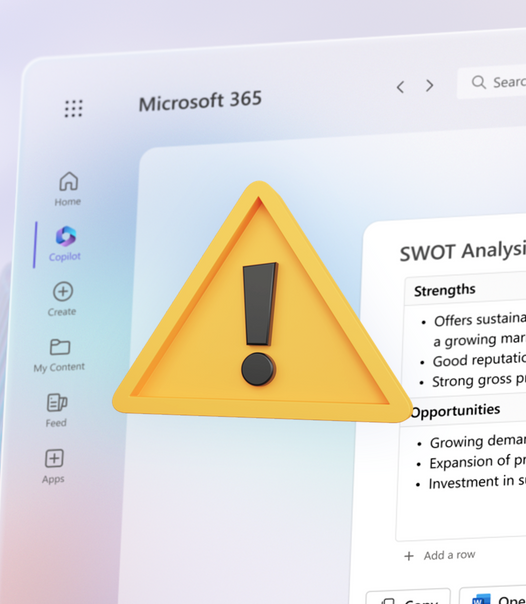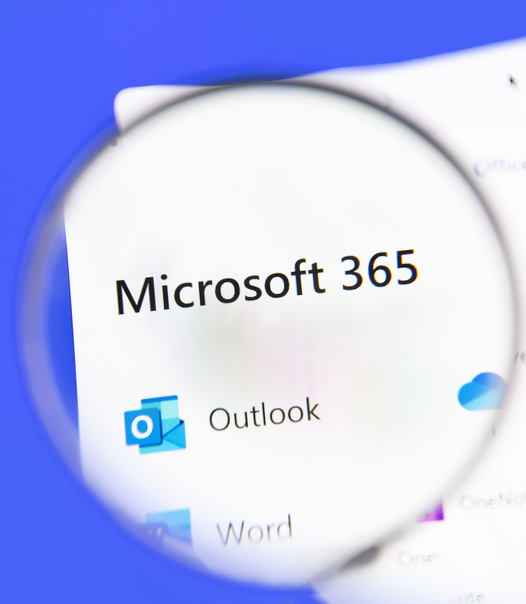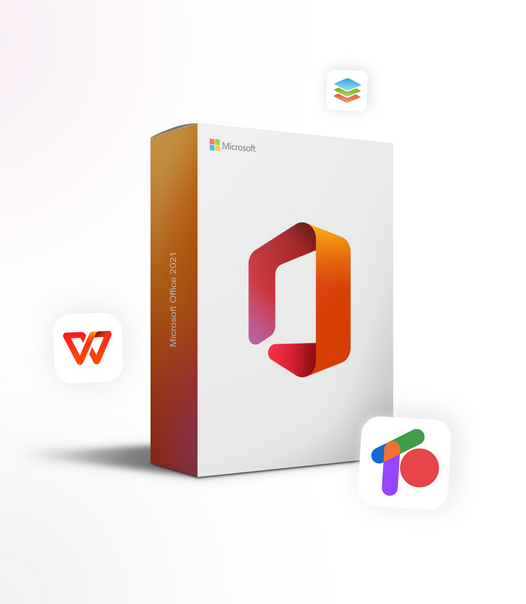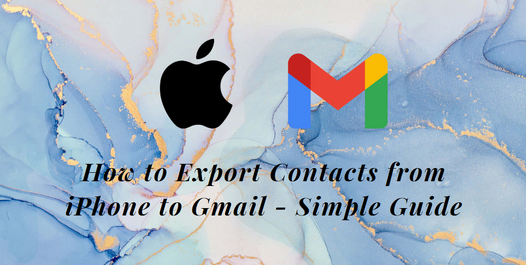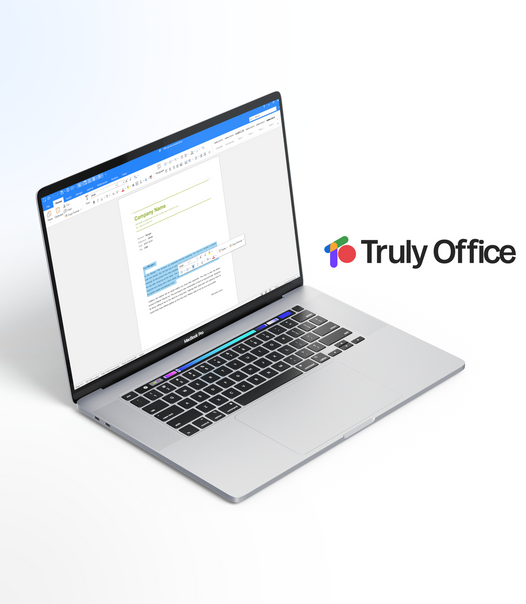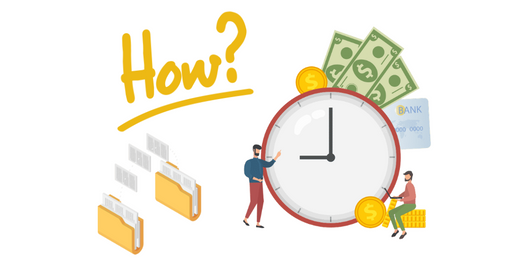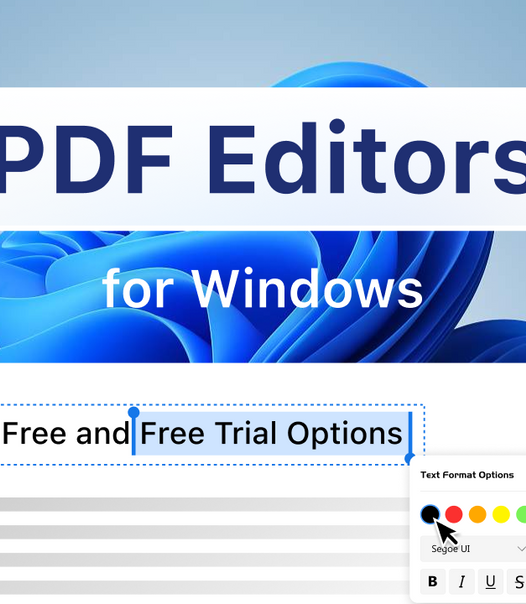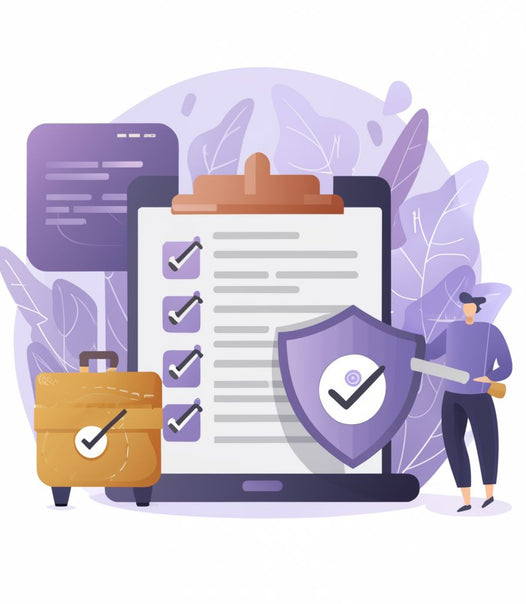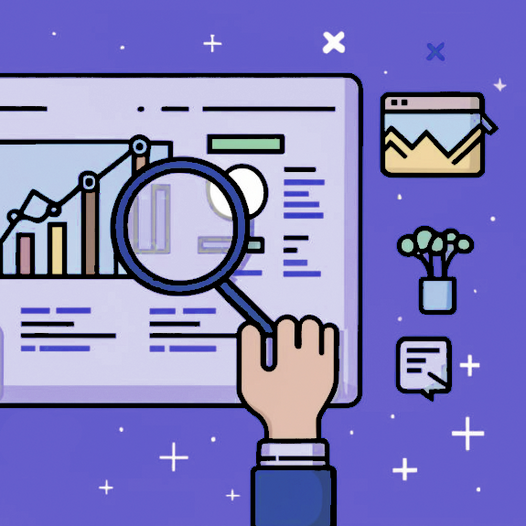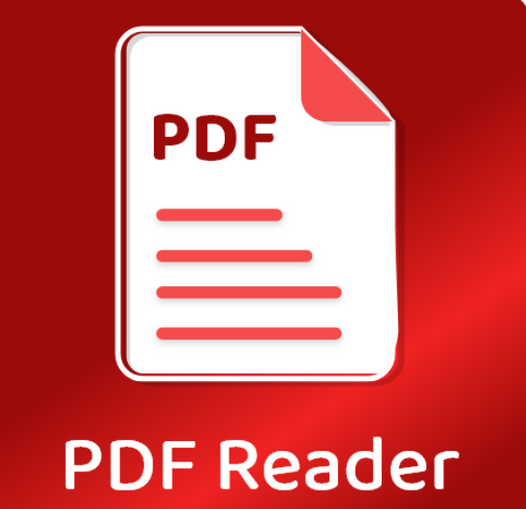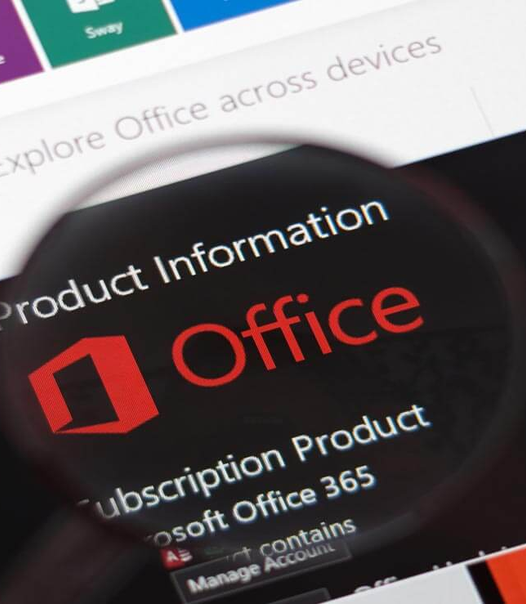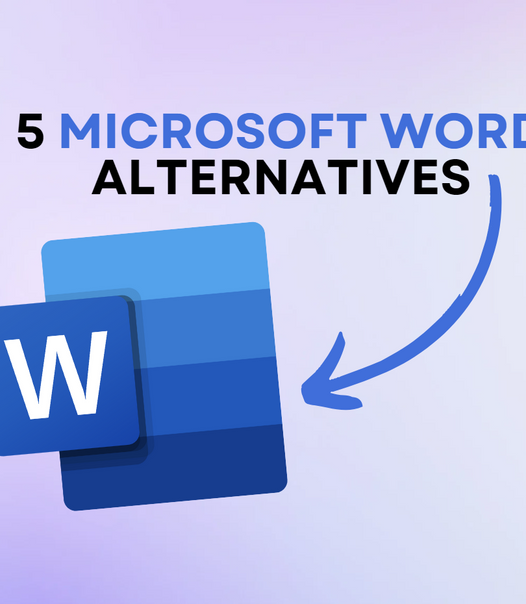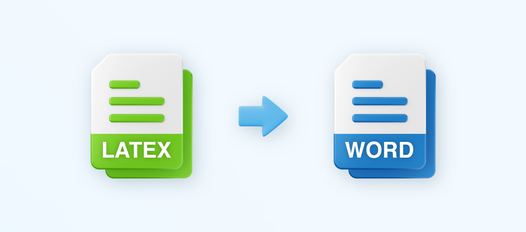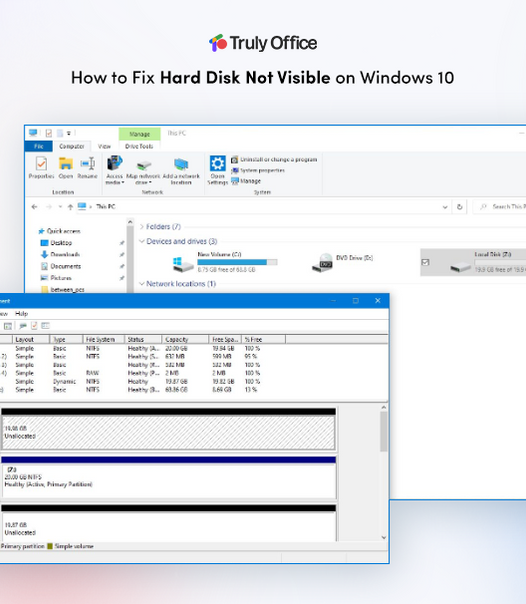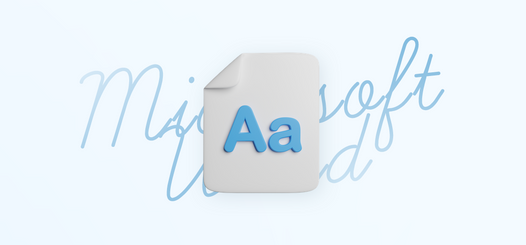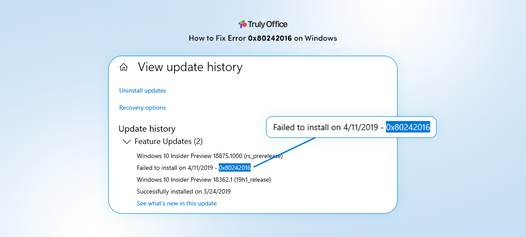Data security is today a paramount essential when doing anything online. With the increasing reliance on cloud-based productivity software, such as Truly Office, data security concerns are more relevant than ever.
Microsoft Office may be a popular choice for businesses and individuals worldwide, but you may not be fully aware of some aspects of the office suite’s data security. So what should you look for in an office suite for privacy and data security?
In this article, we'll uncover what most office suites don’t explicitly disclose about data security and explore benefits of privacy and data security.
Data security defined
Data security encompasses every aspect of information security, from the physical security of hardware and storage devices to administrative and access controls and the digital security of software applications.
In addition, data security can also go as far as organizational policies and procedures.
Data security helps you to protect sensitive data throughout its lifecycle, understand the context of user activity and data, and prevent unauthorized use or loss of data.
Data Security vs. Data Privacy
Data security and privacy both involve protecting data but are different - - although sometimes used synonymously.
Data security plainly entails controlling access to data. For instance, an organization’s data security policy may dictate that no one other than the authorized IT official troubleshooting a database issue can see customer payment information. This can help reduce your chances of suffering a data security breach.
Data privacy entails more subtle, strategic decisions, actions, and policies regarding access to certain data and information. This involves authorized access and data control policies as well as protection, retention, backup, and compliance. This can extend to how software, applications and websites access, use, and share data and information.
What Data types need privacy and security?
Anyone whose credit card has been compromised or whose identity has been stolen has a deeper appreciation for privacy and effective data protection. Also, anyone who has had data or information leak from their apps or software knows how important it is to check the privacy settings of a software application. Why do we say this?
Malicious hackers continually devise ways to steal personal information, ransom it, sell it, or commit further deception. In organizations, current and former employees often cause data loss, making insider risk management a necessity for organizations. But with data privacy policies and strict outlines, your credit card info or your computer’s data may not leak online.
So, whether for an organization or an individual, the common data types that need privacy and need to be secured include:
- User data (browser history, sites, info, etc.)
- Personal information or employees’ personal information
- Customer’s personal information.
- Document open and history
- Financial data like credit card numbers and banking information
- Corporate financial statements.
- Health information (services received, diagnoses, and test results).
- Intellectual property (trade secrets and patents).
These data are individual, staff, or company information and need to be secured from unauthorized access, eyes, or use.
Why Is Privacy and Data Security Important?
Privacy and data security are paramount to individuals and organizations alike today.
First, privacy and data security are legal obligations and compliance requirements. Organizations (including SaaS and productivity apps) are legally obliged to protect customer and user data from being lost, stolen, or in the wrong hands.
For example, many industry and state regulations outline organizations’ legal obligations to protect data. Examples of these regulators are:
- The California Consumer Privacy Act (CCPA)
- The European Union’s General Data Protection Regulation (GDPR)
- The Health Insurance Portability and Accountability Act (HIPAA)
- The Payment Card Industry Data Security Standard (PCI DSS).
Benefits of Data Security
In a way, data security is easier to define by looking at the benefits. Let’s look at the benefits of data security in more detail below:
- Give users privacy: Part of keeping data safe involves giving users the privacy they need and deserve. This includes protecting their data, not sharing their data with advertiser-supported services, and not using their data for ads.
- Keeps your information safe: Adopting a mindset focused on data security and implementing the right tools keeps sensitive data from the wrong hands. Sensitive data can include user info, document patterns, customer payment information, etc.
- Helps keep your reputation clean: When people do business with your organization, they entrust their sensitive information to you. Data security enables you to provide the protection they need and gives you a reputation among clients and partners.
- Gives you a competitive edge: Data breaches are commonplace in many industries. So, if you can keep data secure, you set yourself apart from the competition.
Productivity Tools and Data Security
Some of the biggest culprits of data and privacy breaches are Office Suites. Millions of people use Office Suites daily for work, study, or business. However, many are not sure how the suites protect their data or whether or not they share their information with others.
As we’ve outlined in this article: Common Problems With Microsoft Office 365 and Their Solutions, privacy is a common problem in Microsoft Office 365 and other office suites.
The tapestry of a modern professional’s workspace is intricate. Word processors, spreadsheets, email clients, and calendar apps are the threads that weave this tapestry. But as we weave more threads into our digital fabric, the vulnerabilities increase.
Consider the potential pitfalls:
- Language model scans: Documents processed by certain software can be traversed by language models, potentially exposing sensitive data behind your back.
- Cloud storage vulnerabilities: Storing documents in clouds with questionable security protocols can make them susceptible to breaches.
- Third-party data access: Some office suites might allow third-party applications to access your data without explicit consent.
- Unencrypted data transfers: Transferring data without robust encryption can expose it to cyber threats during transit.
As cyber threats become more sophisticated, so do users’ demands for data privacy. Today, users are not just looking for functional tools; they want assurances of:
- Transparency: Users want to know where their data is stored, who has access to it, and how it’s being used.
- Control: The ability to control who sees their data and when is paramount.
- Security: Robust encryption, secure data transfer protocols, and regular security audits are no longer optional.
Given these concerns, there’s a palpable shift towards privacy-first office suites and productivity platforms like Truly Office. These platforms don’t just prioritize functionality; they emphasize user data protection, offering features like end-to-end encryption, local data storage, and transparent data policies.
For privacy-focused office suites like Truly Office, the key items that come as a priority are:
- Important security protocols: Data must be safeguarded from malicious entities, providing a fortress-like environment for all user data.
- User-controlled data sharing: Users have complete control over their data sharing, ensuring their information is only accessible to those they grant permission.
- No compromise on personal data: Every operation, from PDF image conversions to password settings, is executed without risking personal data.
While Truly Office is pioneering the way for privacy-centric office suites, it’s essential for users to remain vigilant. The market is vast, and while many tools promise security and privacy, not all deliver. It’s increasingly important for individuals and businesses to research and consider alternatives to mainstream office suites, ensuring they align with their data privacy needs.
Looking Ahead: Truly Office Leading The Future of Privacy in Productivity Tools
In this digital age, the importance of data privacy cannot be overstated. The software and productivity tools we use daily, from word processors to email clients, play a pivotal role in safeguarding our data. We must always be aware of the potential vulnerabilities and make informed choices. Truly Office is leading the way in this regard, but as users, we must also do our part by being vigilant and prioritizing our data’s security.

